
Smart traffic insights without sensors
Floating Car Data (FCD) offers a complete, sensor-free view of mobility across cities, regions, and corridors, all powered by GPS signals from in-vehicle navigation systems, navigation apps on mobile devices and fleet systems
We deliver unmatched visibility into live and historical traffic speeds, congestion, and traffic patterns, from freeways to residential streets.
Intelligence that scales across every network
What makes Floating Car Data powerful?
- Full coverage: Freeways, arterials, collectors, locals
- No hardware required: 100% infrastructure-free
- Live + Historical: Second-by-second updates, up to 10 years back
- High precision: Segment-level detail down to 100 feet
Over 60 billion GPS observations are collected daily, giving you a rich, continuously updated traffic dataset at city scale.
Why choose Floating Car Data + iNode?
- Always-on, 24/7 data flow
- Scalable pricing models
- Integrates seamlessly with your in-house tools
- Fills in the sensor-based data collection gaps
- Privacy-safe: Aggregated, anonymized, compliant
Whether you’re planning future infrastructure, evaluating policies, or responding to real-time conditions, iNode gives you the visibility you need — fast, flexible, and cost-effective.
- Live and historical data at your fingertips
Travel times and speeds
Provide live travel times, speeds, and delays along pre-defined routes or zones, providing real-time situational awareness for traffic operations and incident response.
Event/Incident detection
Deliver live reports of traffic incidents, including accidents, road closures, construction, and congestion, supported by map overlays and flexible integration options.
Intersection performance measures
Deliver real-time signal performance metrics, including split failures and Level of Service (LOS), to support signal optimization, with built-in archiving for historical trend analysis.
Origin-destination
Analyze trip patterns for OD flows, detecting modal shifts, and estimating travel demand. Gain the insights needed to plan infrastructure, optimize mobility, and support sustainable transportation choices.
Volumes
Get instant, segment-based volume estimates, including AADT for mid-block counts and intersection turning movement counts. Custom model calibration using local ground-truth data ensures results are accurate, consistent, and tailored to each network.
Road safety
Detect speeding hotspots and rank high-risk corridors to identify where interventions will have the greatest impact. Have insights to support data-driven planning and proactive measures that reduce collisions and improve roadway safety.
Travel times and speeds
Provide historical travel times, speeds, and delays along pre-defined routes or zones, providing real-time situational awareness for traffic operations and incident response.
- Trusted by public agencies and transportation experts
Reducing off-ramp queue wait times in real time
Florida Department of Transportation
Reducing work zone congestion for Aucklands eastern busway project
Auckland, New Zealand
Making Brantford safer: a data-driven road risk assessment
Brantford, Canada
Built by traffic engineers. Shared through insight.
Great companies trust SMATS, your partner in smarter, data-driven mobility
.jpg)
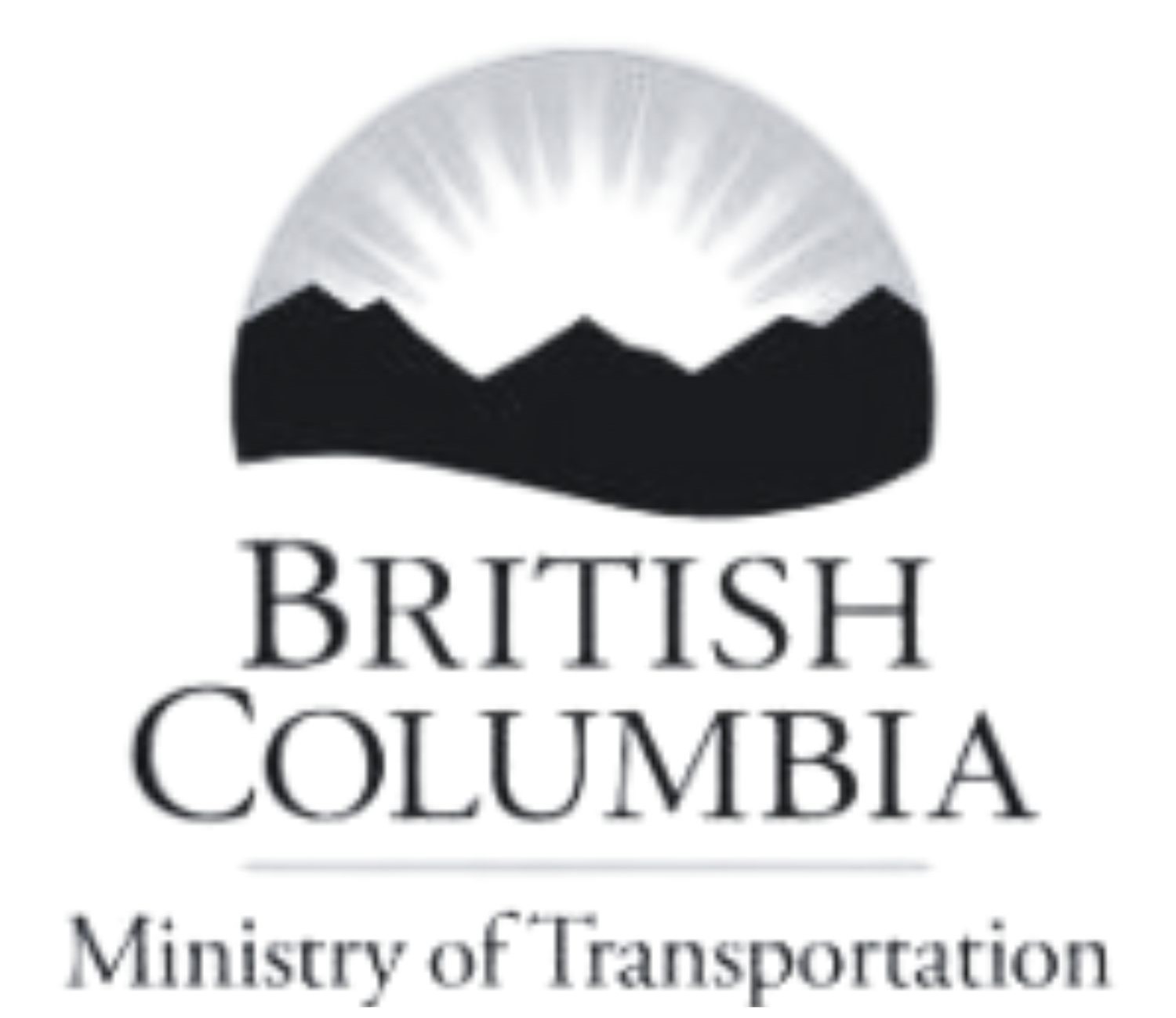






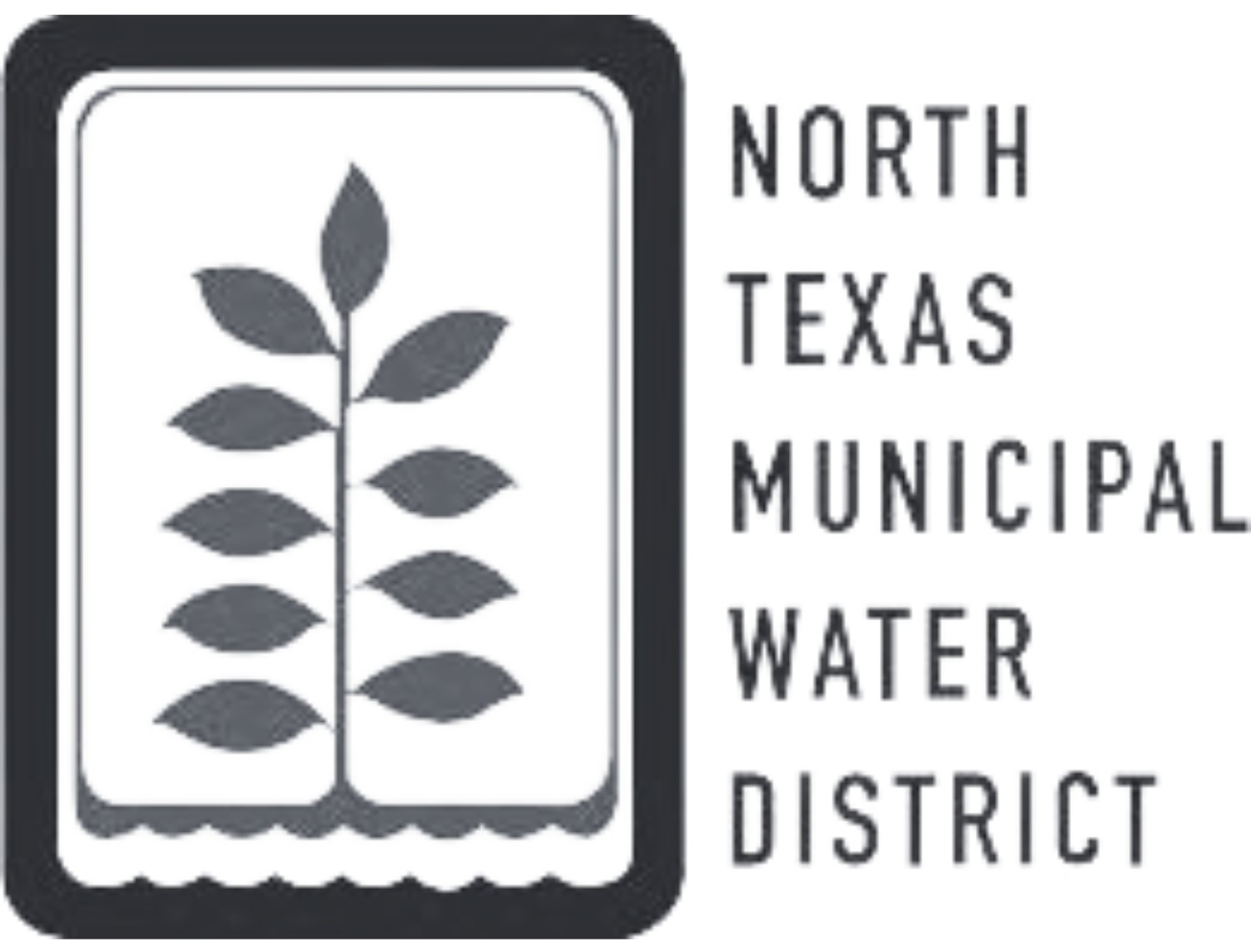
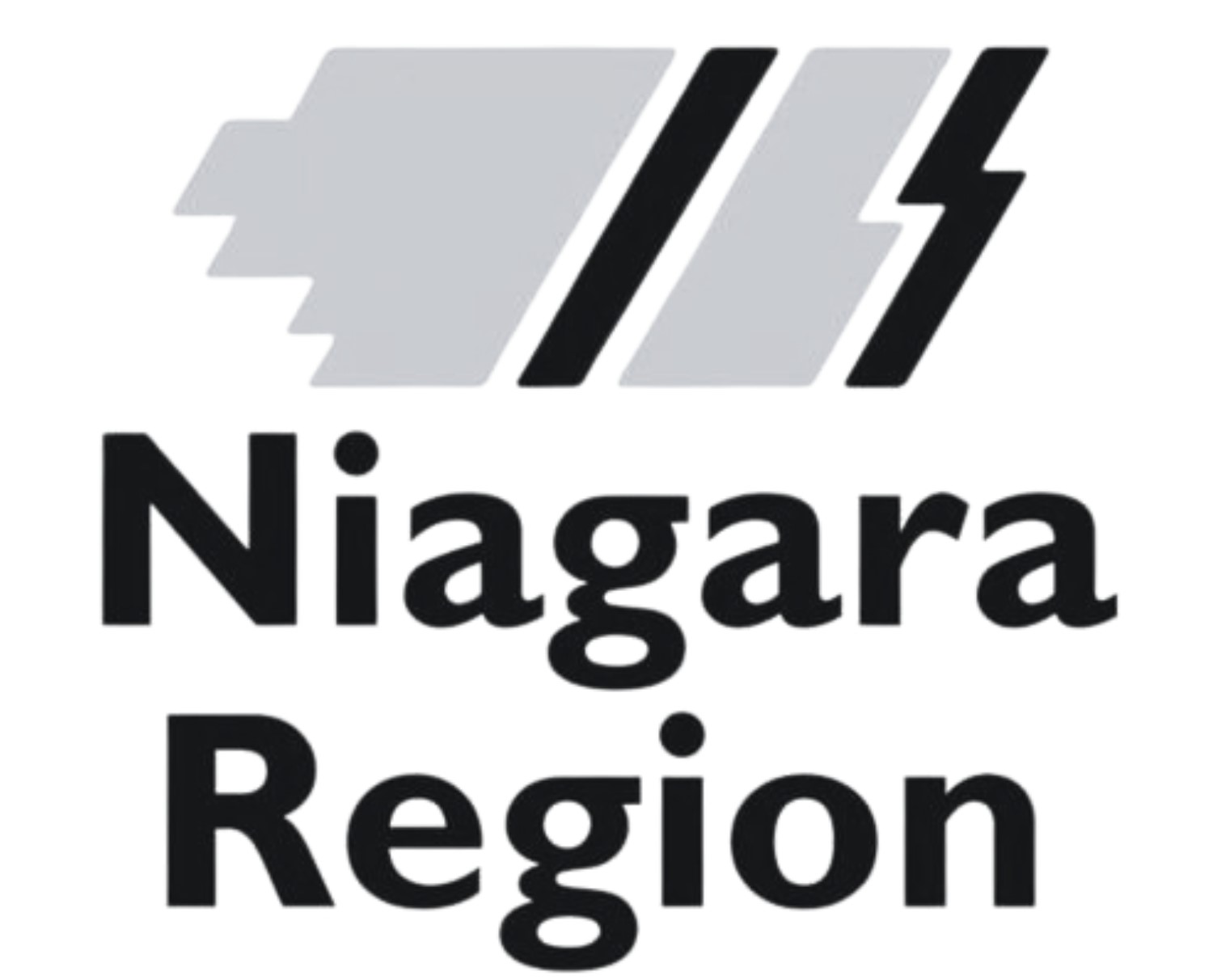











Request a quote
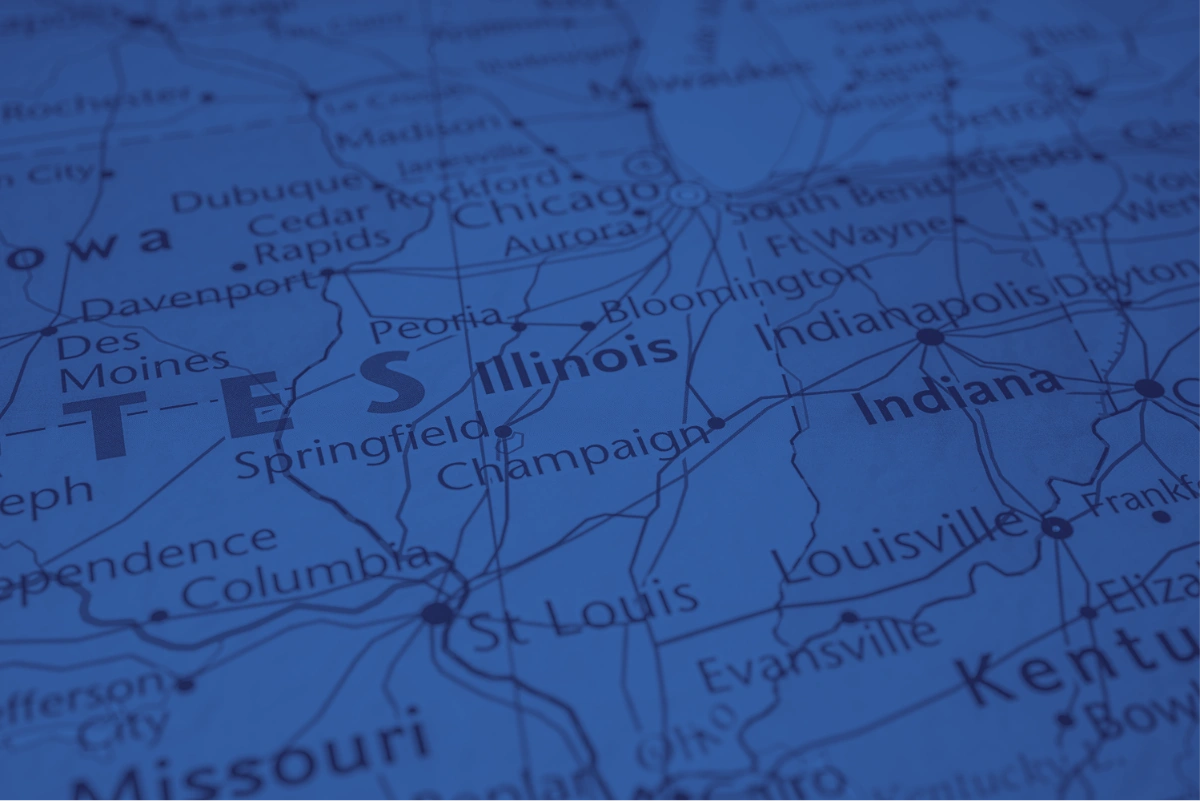


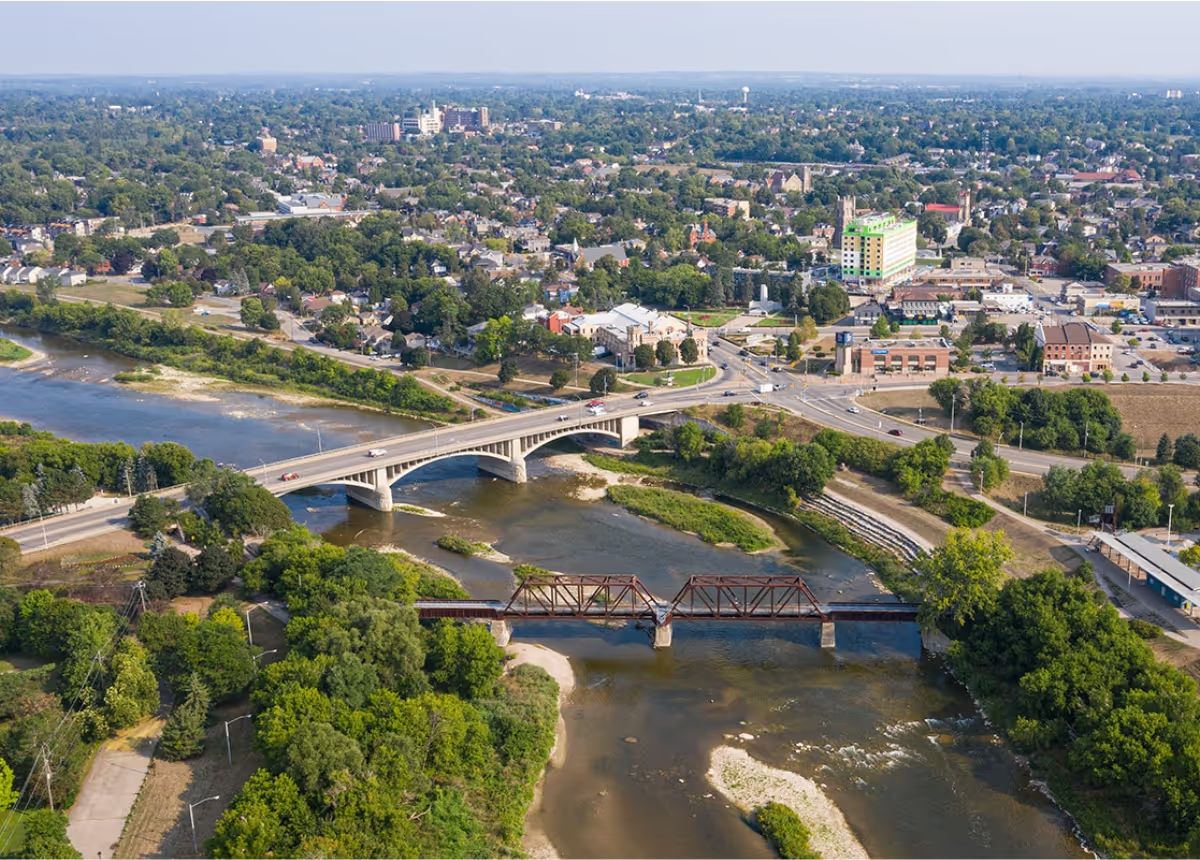

.avif)
.png)




